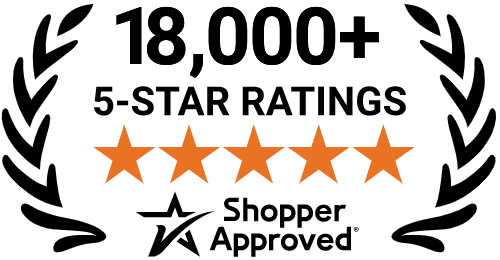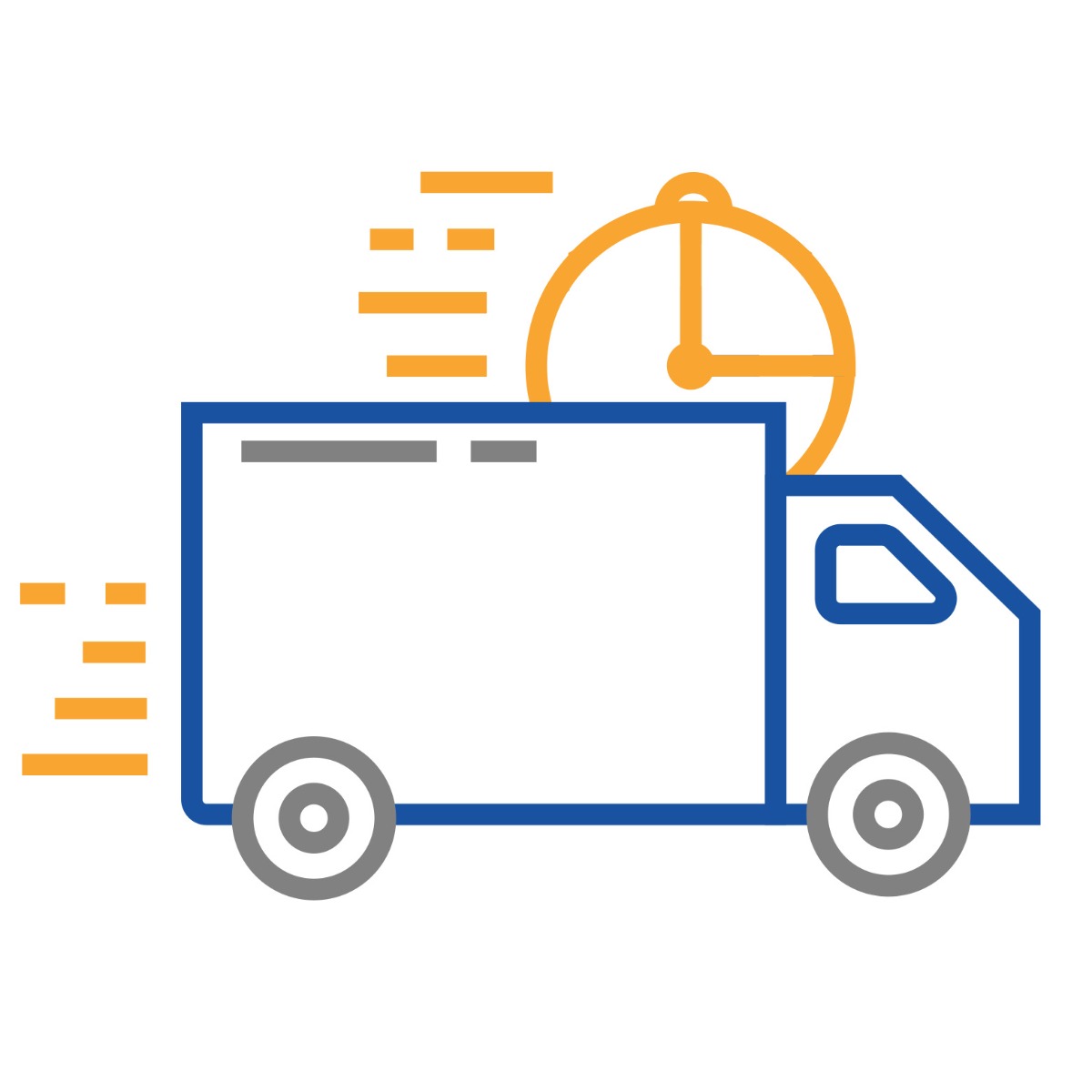What's the difference between Surveillance Cameras and Security Cameras?
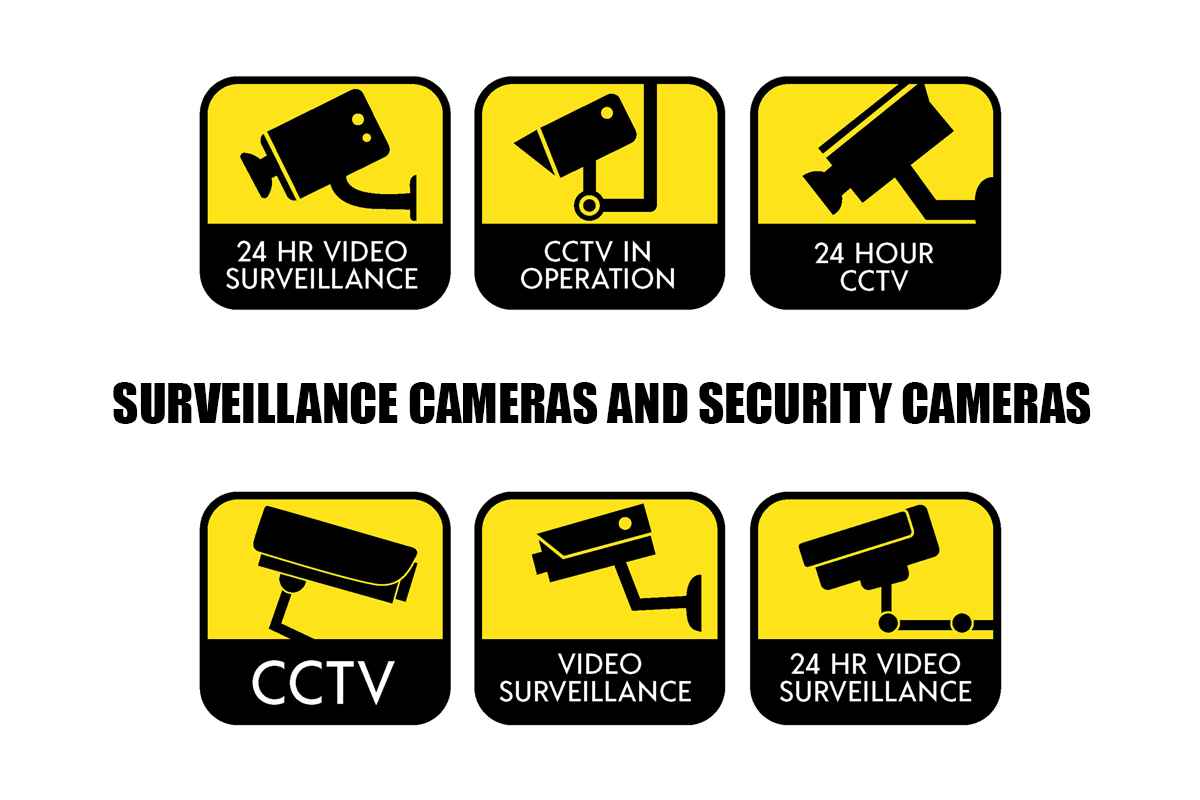
Security cameras are often used in retail stores, parking lots, banks and other businesses to monitor customers and store operations. Surveillance cameras are usually installed in public areas where they can be monitored by law enforcement or security personnel for the purpose of preventing or detecting criminal activity. The main difference between security cameras and surveillance cameras is primarily designed for monitoring while a security camera's primary function is deterrence from crime.
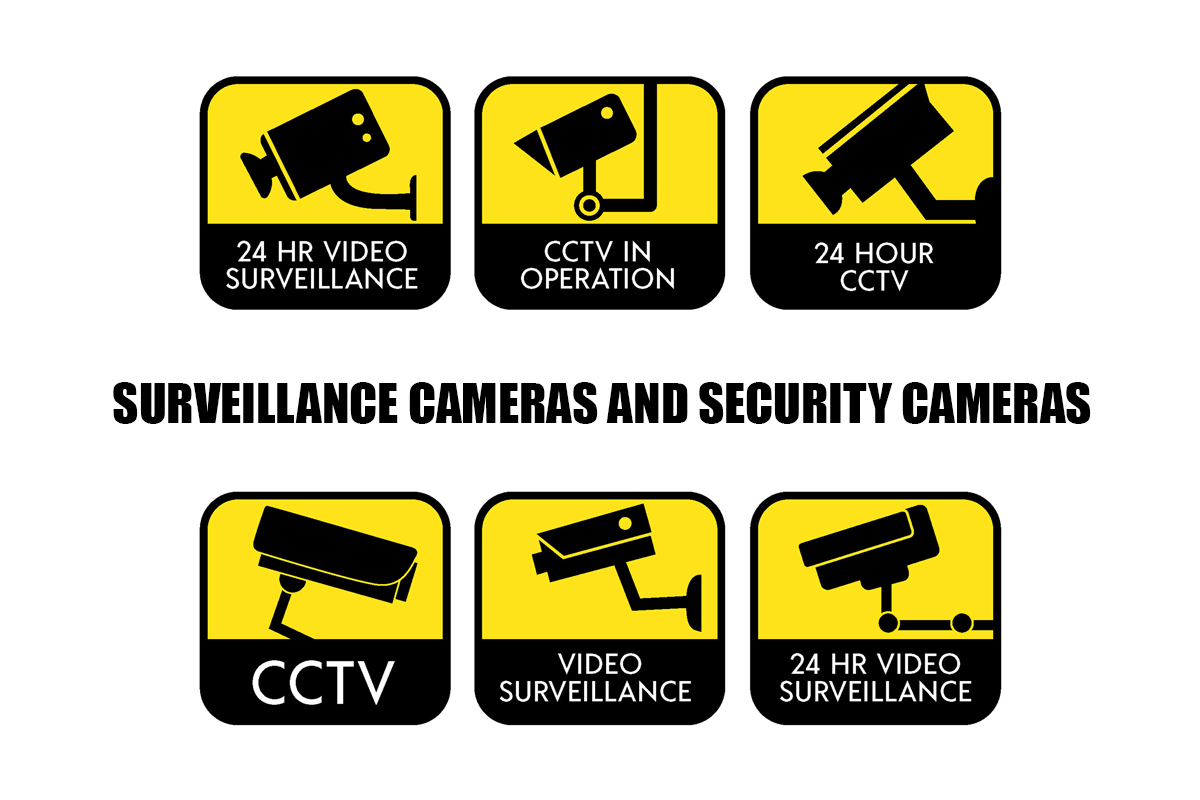
All surveillance video equipment has a purpose to record images of remote activity at various times in order to observe activities that may attract criminal attention or create evidence of crimes or disasters. Surveillance surveillance cameras are surveillance equipment that can be hidden from the public eye, but surveillance security surveillance cameras stand out and are easily visible to all.
The CCTV surveillance camera is widely used in businesses, financial institutions, casinos, airports, factories, and other large buildings (such as city hospitals) where monitoring activity around the clock is essential for a continued surveillance camera. Security surveillance cameras are often hidden in plain sights, such as on closed-circuit ATMs or surveillance video surveillance security surveillance systems in stores or airports.
Surveillance cameras vs security cameras
The fundamental difference between surveillance cameras and security cameras is the purpose of each device. Surveillance CCTV Security Surveillance Security Cameras are designed to watch over an area, usually by a remote operator. This can be a video from inside the camera or through a third window on the PC screen via IP technology. Because they're in public areas, these cameras are plainly visible and are usually not disguised. However, these cameras have no control over the environment they're watching - they simply record what occurs in front of them.
Security surveillance equipment can record or capture images for evidence, but it is more than that. Security Surveillance Security Cameras will detect motion within a specific area (the detection range is usually between 12 and 30 meters), and send an operator alert via email, SMS message or a mobile app. Some security surveillance cameras allow operators to remotely monitor their cameras for real-time viewing.
Advanced security surveillance systems
Some of the most advanced security surveillance systems not only detect motion but can also detect people, animals or vehicles moving in or out of specific areas. They can also detect the time of entry and exit and alert the operator in an appropriate manner.
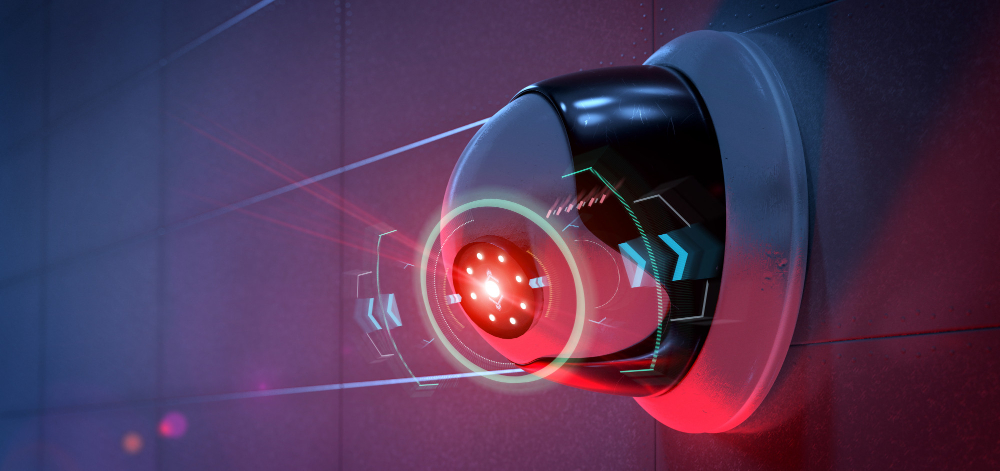
Security surveillance equipment can be equipped with laser sensors that detect heat by detecting infrared wavelengths between 700 nm and 1,000 nm (heat flow). When there is no movement, normal infrared radiation produces a constant temperature reading on the monitor. However, if something (such as a person) moves through the detection area, then infrared radiation is reflected back to the infrared sensor. A change in temperature will occur that indicates movement.
Security surveillance equipment
Security surveillance equipment can also be equipped with pheromone detectors that detect the release of certain chemicals called pheromones. These types of security surveillance cameras are most commonly used in animal monitoring systems.
For example, the brown-headed cowbird female will lay her eggs in another species nest. In order to attract a host to find her egg and take care of it, she will release pheromones that fool the other bird into believing the cowbird's eggs are actually theirs. Security surveillance equipment can detect these pheromones to determine when a cowbird is in the area, even if no actual movement is occurring.
Security surveillance equipment can also have magnetic or infrared motion sensors. Such security surveillance cameras can be set up on laptops, tablets, and smartphones - giving operators full control of who can access their devices and from what distance.
Security surveillance equipment can also have weatherproof housings to protect them from water, dust, dirt, and other harsh conditions.
Security surveillance equipment can be equipped with night vision capabilities that allow operators to monitor activity at all hours of the day - no matter if it's dark or light outside. Some security surveillance cameras include heat sensors that allow operators to detect body heat in addition to infrared wavelengths. Security surveillance equipment can be equipped with other unique sensors that are very beneficial in certain applications - such as fuel leak detectors, smoke detectors, and water detection systems.
Security Surveillance Equipment for Small Businesses
Small businesses often rely on security cameras because they are cost-effective. However, convincing a local shopkeeper to install security cameras, alarms and other security surveillance equipment may not always be practical. This is where these devices have proven to be a big help with home-based businesses that need to protect their property against theft or vandalism.
Businesses will often hire a professional security consultant to help them design an effective security system. The first step is understanding the purpose of security surveillance in your business. Do you want to discourage theft, protect private information or prevent damage? Also, carefully assess the risks associated with your business and identify any areas that could be vulnerable to potential criminal acts.
This way, you can specify the type of security surveillance equipment that you really need and what kind of system will work best in your business.
Security cameras for small businesses have become more powerful and affordable. Nowadays, it is possible to buy a great CCTV camera recording system for around $300 if you know where to look. In addition to an affordable price, security camera recording systems for small businesses now offer high-resolution color images and can be set up in minutes.
Security Camera Recording Systems for Small Businesses
Many people don't realize just how important surveillance cameras are until they experience a robbery, burglary or other large-scale theft. Once you've been hit by a crime like this one, you are more likely to take precautions in the future.
A small business should always consider security when installing anything from a new telephone system to a fax machine. All of these pieces of equipment could make your company much easier to rob. However, it is far too expensive for most small businesses with limited budgets to hire an expert on surveillance systems or cameras.
Security cameras, and the equipment to operate them, are quite expensive. Many times they are more costly than other types of surveillance equipment because of their high level of sophistication and versatility. Security camera systems can be monitored either in a central station or at the point where they were installed. A security camera system may use television, radio, or a digital storage device. In the case of video, it is known as a CCTV system. CCTV systems may be supplemented by other security equipment such as motion sensors and infrared detectors.
Security surveillance cameras are used for many types of applications from monitoring your home to protecting large companies with valuable assets. Security camera prices can vary depending on their size, capabilities, and the materials used to manufacture them. You should consider all of these things when deciding which type of security camera is right for you.
Security Cameras for Home Use
When looking into state-of-the-art surveillance cameras for home use, remember that smaller ones may not be better. Larger cameras can provide much more detail than their smaller counterparts and may therefore be much more useful.
In addition to size, there are a few other factors that you should consider when purchasing a security camera system for home use:
Deterrence Value - Thoroughly research any type of surveillance before deciding upon it. Determine how visible your cameras will be to would-be criminals. Will they be able to tell that the cameras are there?
Budget - Security cameras vary greatly in price depending on their size, capability, and type. Make sure that you choose a camera system that is within your budget and offers the features you need.
Installation - How easy will it be to install your security camera system? Do you want one with wires or are you comfortable using wireless cameras?
Storage - Many security camera systems come with digital video recorders. Since this is an essential part of a security system, be sure that your DVR can store all of the footage it will need to function effectively.
Upgradeability - Is your equipment upgradeable? Does it have room for future expansion?
A security camera system for home use can provide peace of mind and a much higher standard of protection than most other types. Before you invest in a security system, do your homework on the different methods of surveillance available to you and find one that will work best for your family's needs.
Conclusion:
In the modern world, there are many different types of cameras to choose from. But what is the difference between surveillance and security cameras? The answer depends on your needs as a business owner or homeowner. For instance, if you want an easy way to keep an eye on things without having someone physically watching at all times, then surveillance might be your best bet. If you need something that will detect motion (or anything else) in order for it to start recording footage automatically, then security may make more sense since this type of camera has pre-recorded video storage space which can store up to 10 days worth of data before overwriting old files with new ones.

